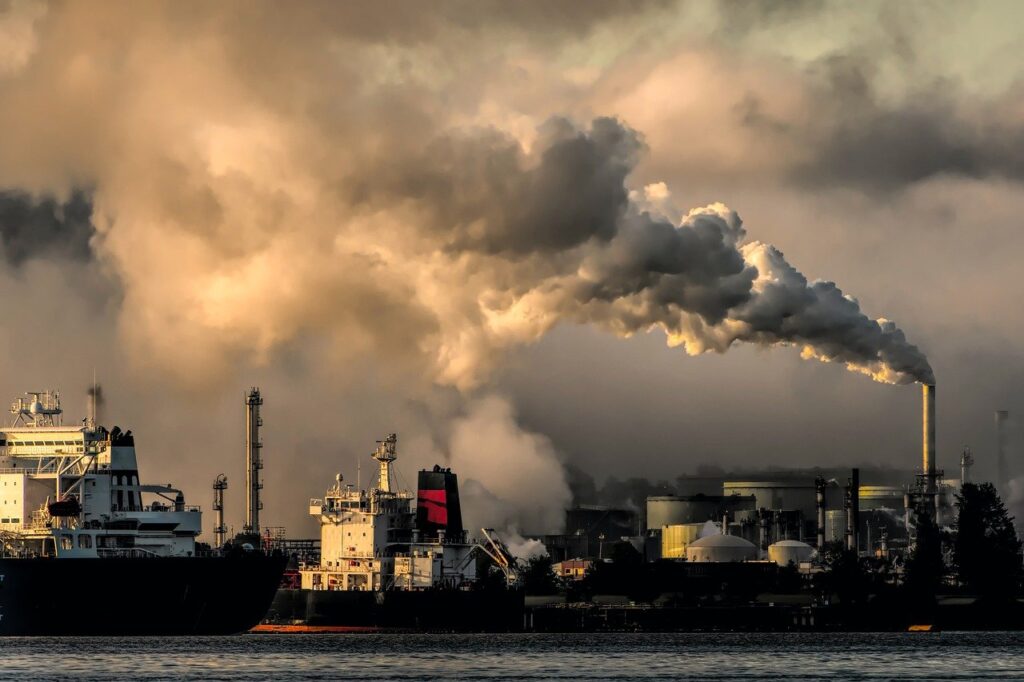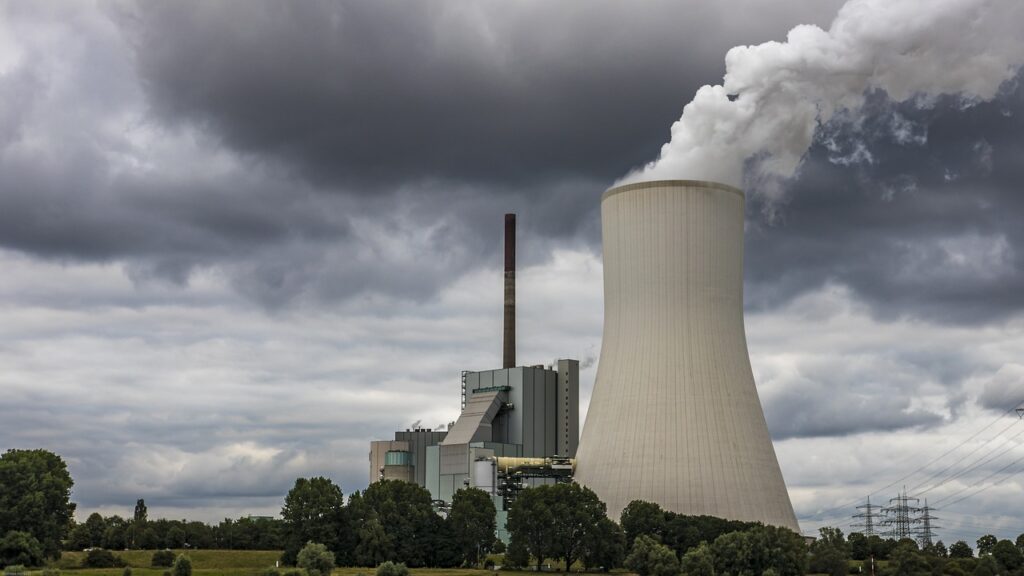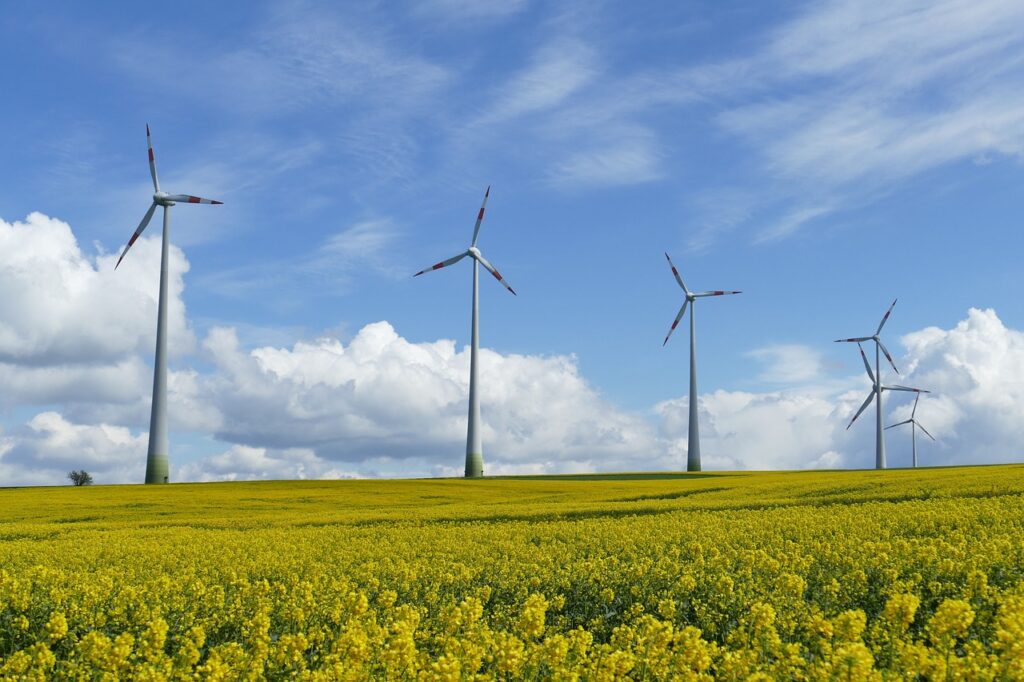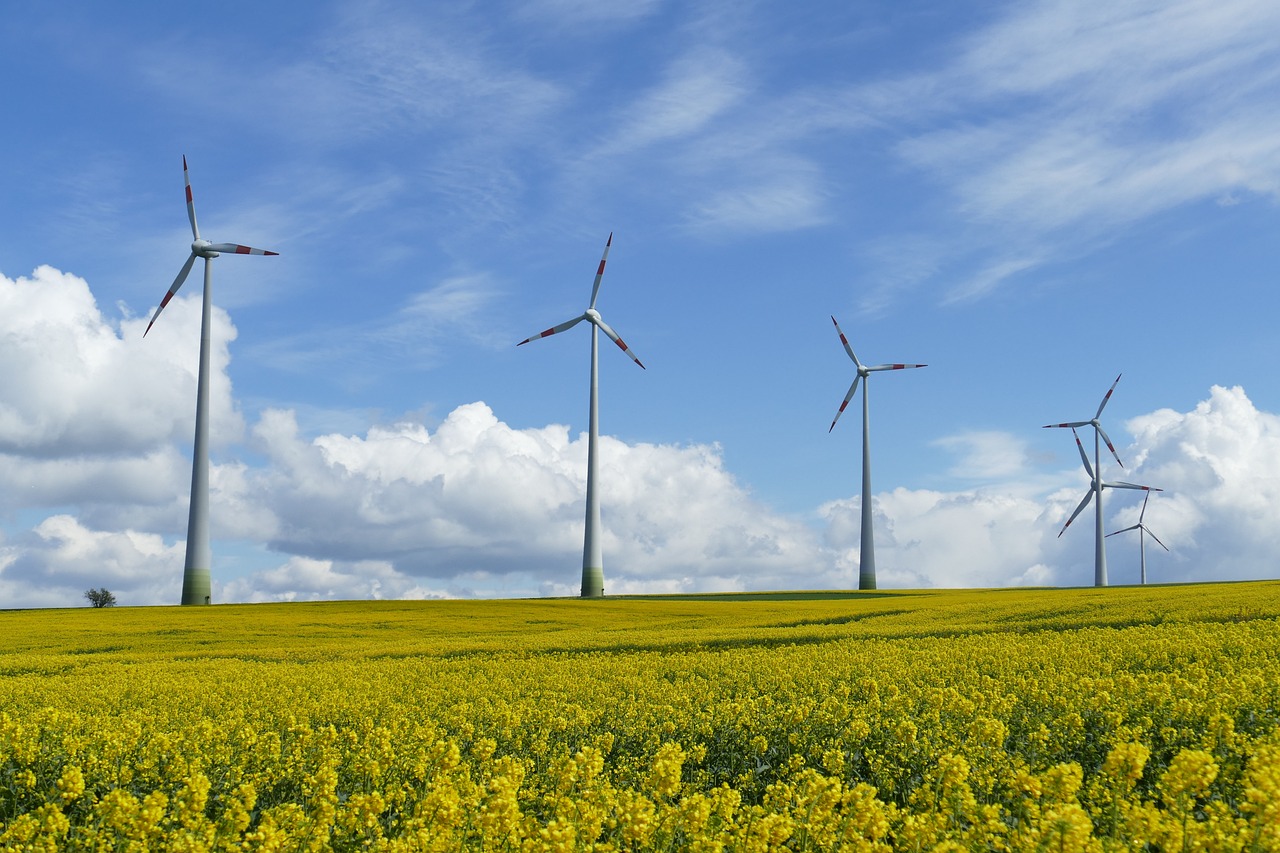What is Smog?
Definition of Smog What is Smog?
Origins of the Term
Types of Smog

Photochemical Smog
Industrial Smog
The Causes of Smog
Human Activities
Vehicle Emissions
Industrial Emissions

Natural Factors
Geographical Conditions
Climate and Weather Patterns
The Impact of Smog on Health
Respiratory Issues
Cardiovascular Problems
Long-term Health Effects
Environmental Effects of Smog
Impact on Plants
Damage to Infrastructure
Contribution to Climate Change
Global Hotspots for Smog
Smog in Urban Areas
Examples from Major Cities
Regions with Persistent Problems
How to Reduce Smog?
Government Policies and Regulations
Technological Innovations
Electric Vehicles
Cleaner Industrial Processes
Individual Actions
The Role of Public Awareness
Education Campaigns
Community Involvement
Conclusion
FAQs About Smog
What are the main pollutants in smog?

sea wind palution
by malik mumtaz
Industrial Emissions
Factories and strength flowers emit pollution such as sulfur dioxide and particulate matter, which make contributions to industrial smog.
Natural Factors
Geographical Conditions
Cities surrounded via mountains or valleys regularly entice pollutants, exacerbating smog le
Climate and Weather Patterns
Temperature inversions, the place a layer of warm air traps cooler air below, forestall pollution from dispersing, worsening smog conditions.
The Impact of Smog on Health
Respiratory Issues
Exposure to smog can irritate the airways, main to bronchial asthma attacks, bronchitis, and different respiratory diseases.
Cardiovascular Problems
Smog has been linked to coronary heart attacks, arrhythmias, and different cardiovascular issues, specially in inclined populations.

Long-term Health Effects
Prolonged publicity will increase the hazard of continual illnesses like lung most cancers and reduces usual existence expectancy.
Environmental Effects of Smog
Impact on Plants
Smog blocks daylight and damages leaves, decreasing photosynthesis and crop yields.
Damage to Infrastructure
The acidic elements of smog can erode buildings, bridges, and different buildings over time.
Contribution to Climate Change
Smog incorporates pollution like black carbon that make contributions to world warming.
Global Hotspots for Smog
Smog in Urban Areas
Cities like Delhi, Beijing, and Los Angeles often journey extreme smog due to dense populations and heavy traffic.
Regions with Persistent Problems
Industrial areas in nations like China and India face ongoing challenges in controlling smog levels.
How to Reduce Smog?
Government Policies and Regulations
Governments play a indispensable function by using placing emissions requirements and merchandising cleaner technologies.
Technological Innovations
Electric Vehicles
EVs are a cleaner choice to typical cars, assisting minimize car emissions.
Cleaner Industrial Processes
Modernizing factories with low-emission applied sciences appreciably cuts industrial pollution.
Individual Actions
Simple steps like the usage of public transportation, decreasing strength consumption, and aiding inexperienced initiatives can make a huge difference.
The Role of Public Awareness
Education Campaigns
Raising focus about smog’s risks encourages communities to undertake more healthy habits.
Community Involvement
Local initiatives like car-free days and tree-planting campaigns foster collective action.
Conclusion
Smog is a pervasive hassle that influences health, the environment, and city lifestyles globally. Combating it requires a blended effort from governments, industries, and individuals. By adopting sustainable practices and helping easy technologies, we can limit its have an impact on and create a more healthy future.
